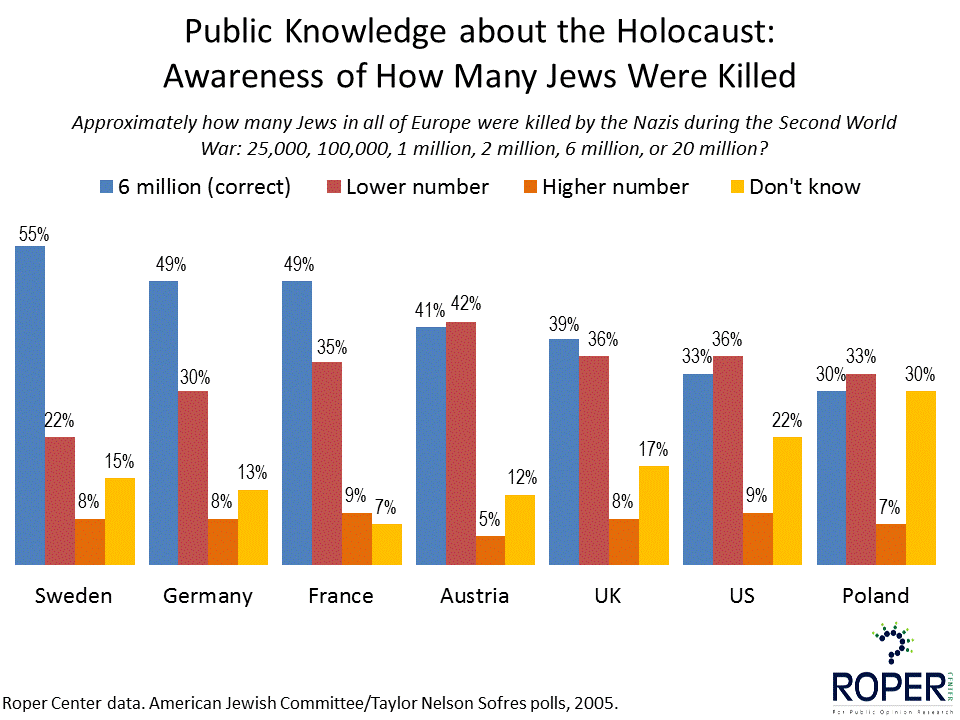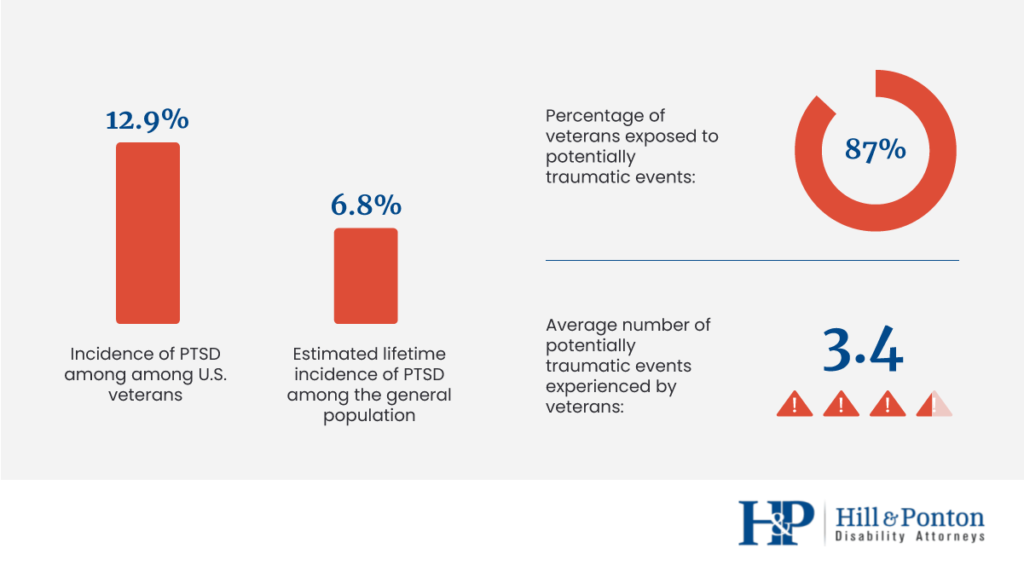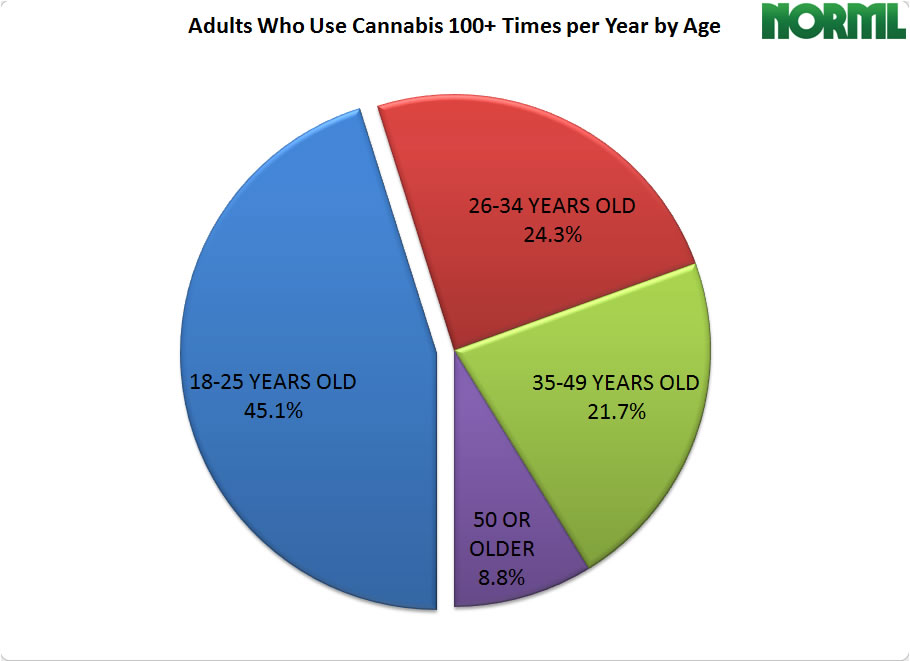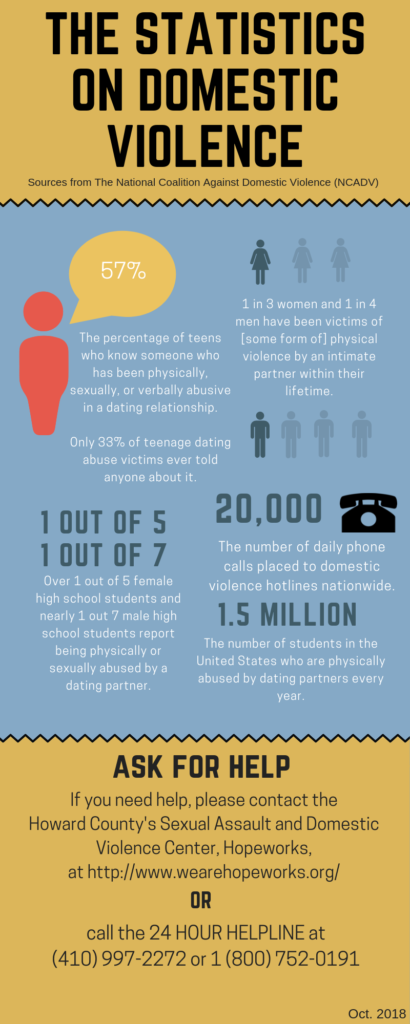The effects of the holocaust
Table of Contents
Table of Contents
The Holocaust was one of the most tragic events in human history. It was a period of intense suffering for millions of people, with devastating consequences for the Jewish community and countless others. Today, we look at the Holocaust Statistics And Facts to remember what happened and to honor the memories of those who lost their lives.
Pain Points of Holocaust Statistics And Facts
The Holocaust was a time of fear, terror, and unimaginable suffering. Many people lost their lives or were separated from their loved ones during this period. Survivors were left with physical and emotional scars, and many Jewish families lost everything they had. It’s impossible to truly understand the scale of this tragedy, but the Holocaust Statistics And Facts remind us of the importance of never forgetting what happened.
What are Holocaust Statistics And Facts?
When we talk about Holocaust Statistics And Facts, we’re referring to the numbers and details that help us understand the magnitude of this event. This includes information like the number of people who died, the countries affected, and the impact on specific communities. By looking at these statistics, we can gain a better understanding of what happened and why we must never allow it to happen again.
Summary of Holocaust Statistics And Facts
The Holocaust Statistics And Facts tell us that over six million Jews were slaughtered during the Holocaust. The Nazi regime targeted other groups as well, including Romani people, people with disabilities, and members of the LGBTQIA+ community. The Holocaust also resulted in the displacement of countless people and led to the destruction of countless communities. Today, we remember the victims and honor their memories by bearing witness to these facts.
Personal Experience with Holocaust Statistics And Facts
As a language model AI, I don’t have any personal experiences. However, reading through Holocaust Statistics And Facts, it’s hard not to feel a profound sense of loss and sadness. It’s heartbreaking to think about the millions of lives that were cut short during this dark period of history. However, it’s also important to honor the memories of those who were lost by never forgetting what happened and working towards a better future.
The Importance of Remembering the Holocaust
One of the most significant reasons that Holocaust Statistics And Facts are so important is that they remind us of the ongoing impact of this tragedy. The effects of the Holocaust are still being felt today, with survivors and their families living with the emotional and physical scars of this period. By bearing witness to these facts, we can honor the memories of those who were lost and strive towards a future where this kind of tragedy never occurs again.
Why We Must Never Forget
When we look at Holocaust Statistics And Facts, it’s easy to become overwhelmed by the sheer magnitude of the tragedy. However, it’s essential that we never forget what happened. By remembering the Holocaust, we can honor the memories of those who were lost and work towards a better future. It’s only by bearing witness to these facts that we can ensure that this kind of tragedy never happens again.
The Role of Education in Remembering the Holocaust
One of the most critical ways that we can remember the Holocaust is through education. By teaching future generations about what happened during this period, we can ensure that the memories of those who were lost are never forgotten. Education also helps us to better understand the Holocaust Statistics And Facts and what they say about the world we live in today. By learning about the past, we can work towards a better future.
Question and Answer
Q: How many people were killed during the Holocaust?
A: Over six million Jews were killed during the Holocaust. Other groups, including Romani people and members of the LGBTQIA+ community, were also murdered by the Nazi regime.
Q: Why is it important to remember the Holocaust?
A: Remembering the Holocaust is essential because it reminds us of the devastating consequences of hate and intolerance. By bearing witness to these facts, we can honor the memories of those who were lost and work towards a better future.
Q: What role does education play in remembering the Holocaust?
A: Education is critical to remembering the Holocaust. By teaching future generations about what happened during this period, we can ensure that the memories of those who were lost are never forgotten. Education also helps us to better understand the significance of Holocaust Statistics And Facts.
Q: How can we work towards a future where tragedies like the Holocaust don’t occur?
A: One critical step towards a better future is education. By teaching future generations about the Holocaust and its impact, we can work towards a world where hate and intolerance are no longer tolerated.
Conclusion of Holocaust Statistics And Facts
The Holocaust Statistics And Facts remind us of the tragedy that occurred during this period and the ongoing impact of these events. By bearing witness to these facts and working towards a better future, we can honor the memories of those who were lost and strive for a world where this kind of tragedy never happens again.
Gallery
Journalism Students Interview Holocaust Survivors - UWM REPORT
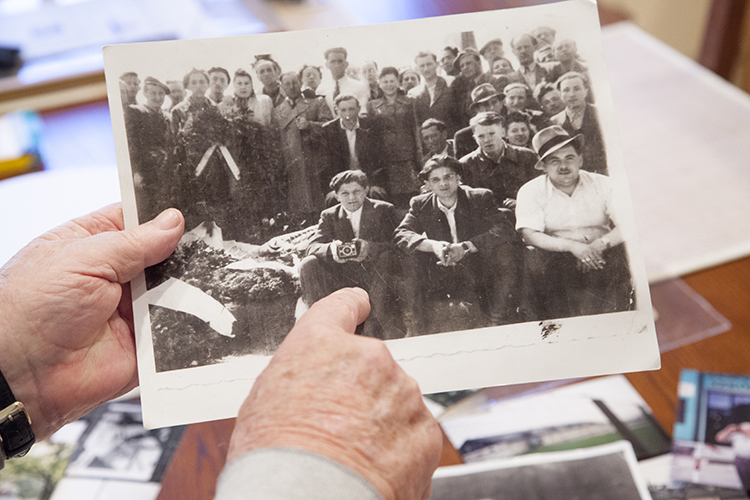
Photo Credit by: bing.com / holocaust survivors uwm interview after photograph liberation journalism students pete shortly taffel himself points taken
At Auschwitz-Birkenau, Holocaust Survivors, Ever Dwindling In Number

Photo Credit by: bing.com / auschwitz birkenau holocaust concentration survivors liberation gathered dignitaries 70th commemorate
Representing The Holocaust In Words And Images | Online Summer Courses
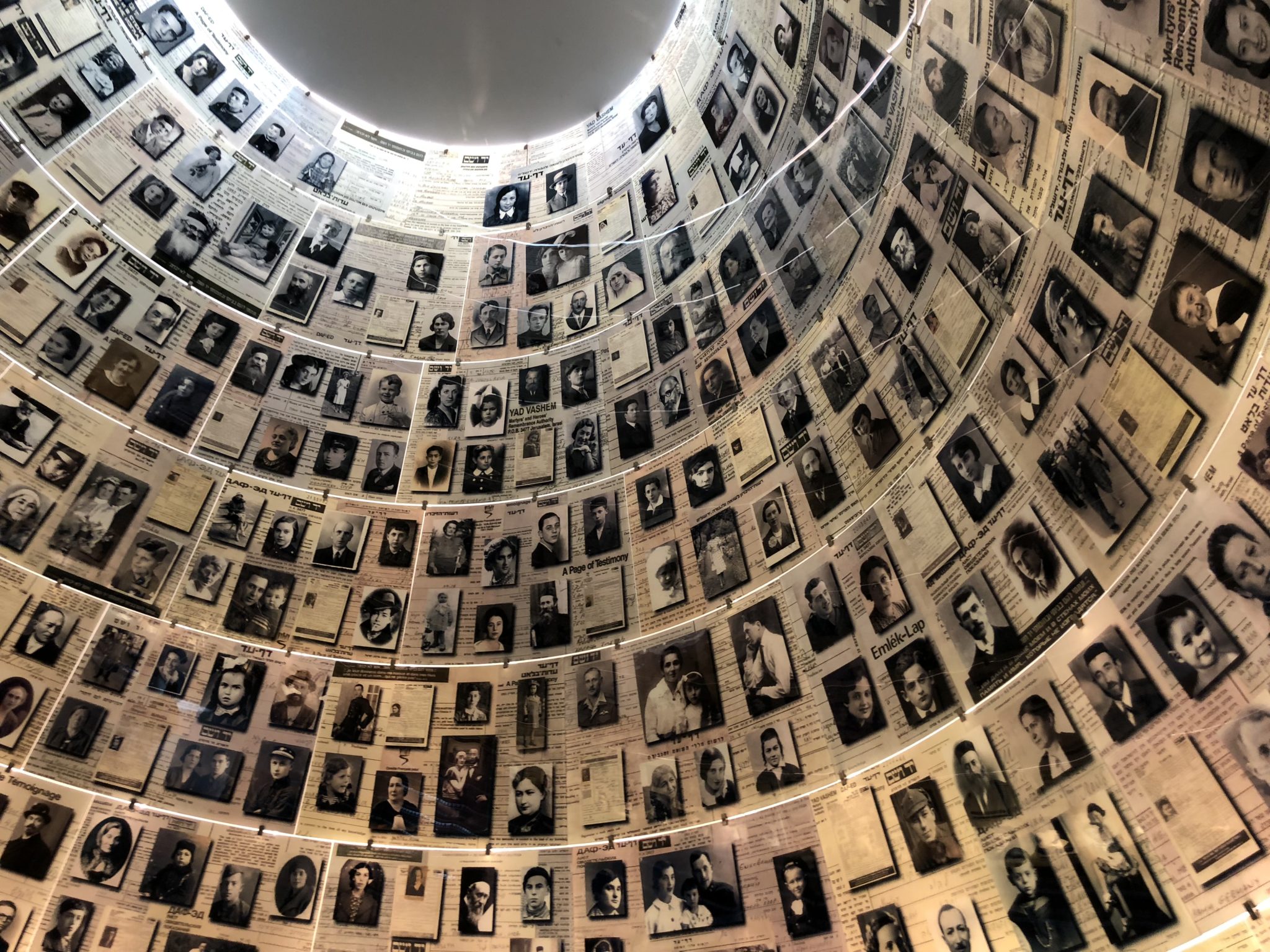
Photo Credit by: bing.com / holocaust
The Effects Of The Holocaust | Nazi Holocaust

Photo Credit by: bing.com / holocaust pie deaths victims people chart wwii statistics killed during were nazi effects war graph death jews remembrance many which
Public Understanding Of The Holocaust, From WWII To Today | HuffPost
Photo Credit by: bing.com / holocaust many people today interesting public died inge genocide most wwii understanding emaze show research education
